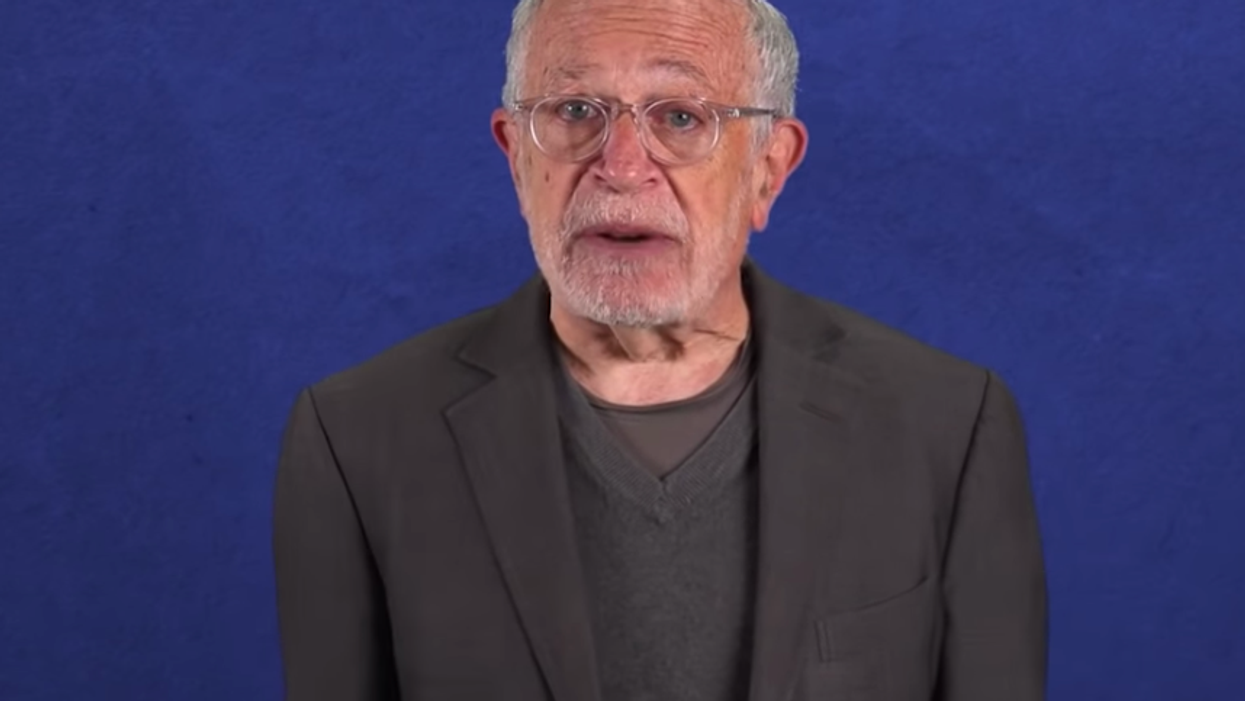Robert Reich: Workers should look out for these four union-busting warning signs


Former United States Secretary of Labor Robert Reich released a new video on Tuesday blasting heads of major corporations such as Amazon and Starbucks for waging a war on unions and listed the warning signs that workers should recognize.
"You as a worker have a legal right to join a union, but there are many ways big corporations are skirting the law to stop you from getting your fair share. You could be working for a union-buster and not even know it," Reich began, laying out four "union-busting tricks" that companies frequently turn.
The first underhanded device is "anti-union propaganda" through which "employers turn workers into a captive audience for false or misleading claims about unions."
READ MORE: 'Please don't run': Robert Reich says Joe Biden should not seek reelection
In 2019 Delta distributed pamphlets to flight attendants and ramp service workers warning that union fees would cost $700 dollars per year. But here's what they didn't mention: unionized workers earn $700 more per month.
Amazon wallpapered its warehouses with anti-union ads. Starbucks CEO Howard Schultz claimed he had no choice but to exclude workers at unionizing stores from new employee benefits.
Reich's second signal is the presence of "fancy anti-union firms, lawyers, and consultants." Under that scenario:
The company claims it can’t afford to raise workers’ pay but spends millions on anti-union consultants. You might hear your bosses call this “Union Avoidance,” but it basically just means 'Union busting, in a suit.'
Delaying or obstructing a vote to join a union is this third tactic:
It’s illegal for employers to cancel a vote on whether to unionize. But they skirt the law to keep that vote from happening as long as possible.
And while they’re delaying, they play dirty tricks to stop a union’s momentum. Before a recent labor election in Buffalo, Starbucks flooded stores with managers to pressure workers. One Starbucks employee reported he was told to go to a meeting, only to be greeted by six managers pressuring him to reject the union.
The fourth ruse is unambiguous: breaking the law in plain sight. Indeed, this has occurred in very recent memory:
Starbucks recently fired more than twenty union leaders. Amazon fired a union leader for missing work – even though he was on leave to care for a COVID-stricken family member. U.S. employers are charged with violating federal law in over 40% of all union election campaigns.
Are companies allowed to skirt the law like this? No! But labor laws take a long time to enforce – if they’re enforced at all. And the worst that can happen is a corporation has to rehire a worker who it illegally fired and provide back pay. No wonder some companies decide that breaking the law is cheaper than following it. It’s simply a 'cost of doing business' for a giant corporation like Amazon.
READ MORE: Unionized employees are leading the fight for safer workplaces
All is not lost, however.
"A bill called The PRO Act would strengthen protections for union organizers and make many kinds of “union avoidance” illegal. Call your lawmakers and ask them to support it today," Reich concluded. "They won’t just be on the right side of history. They’ll be on the right side of public opinion. A majority of Americans, including 77% of young people, support the right to join a union. Workers at Starbucks and Amazon have refused to be intimidated and have started to unionize. All over the country, American workers are growing wise to corporate union-busting tricks."
Watch below or at this link.
How Amazon, Starbucks, and Other Companies Fight Unions | Robert Reichyoutu.be